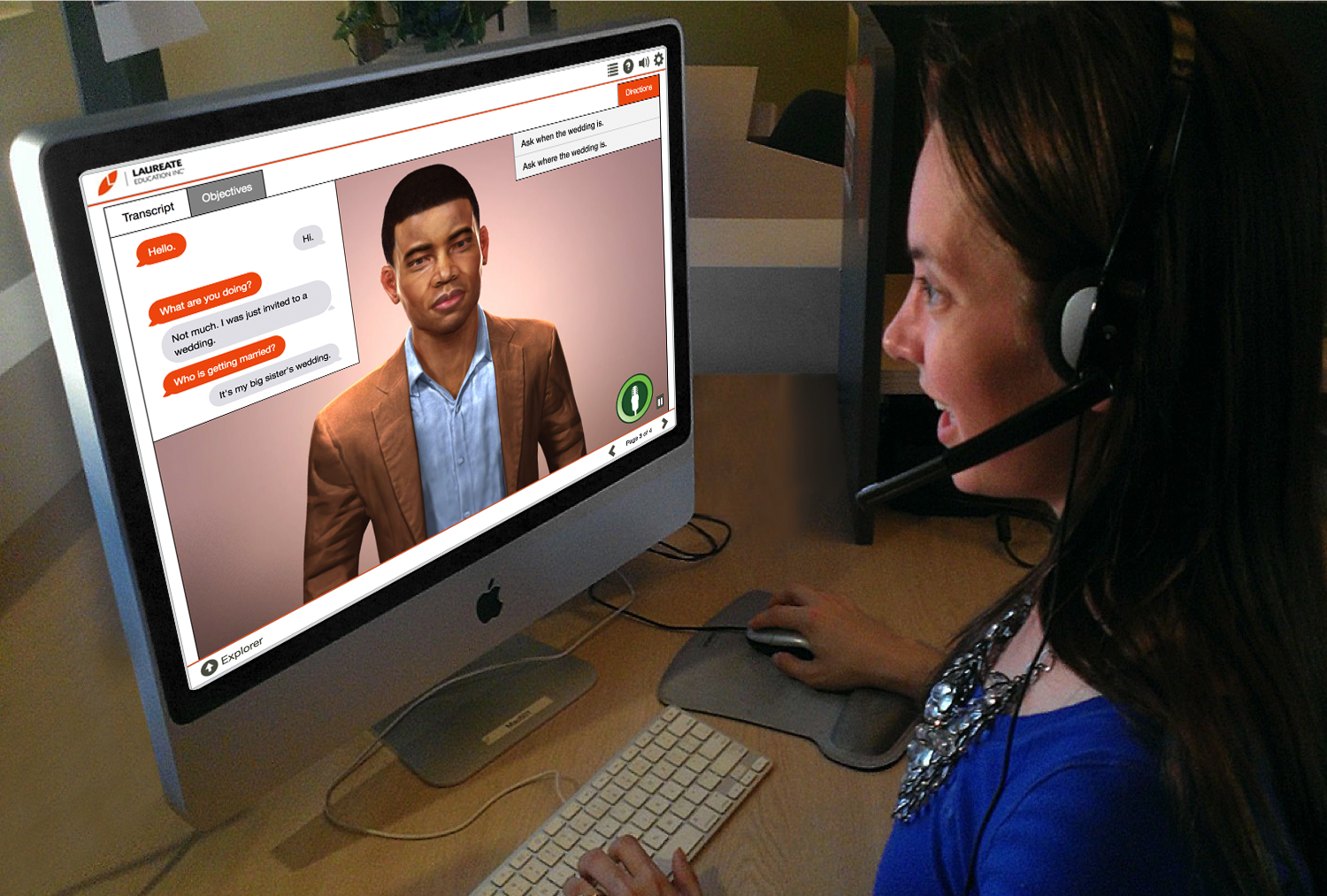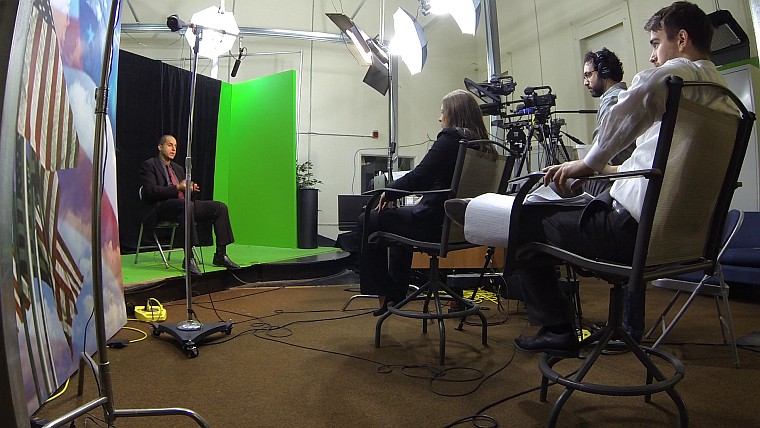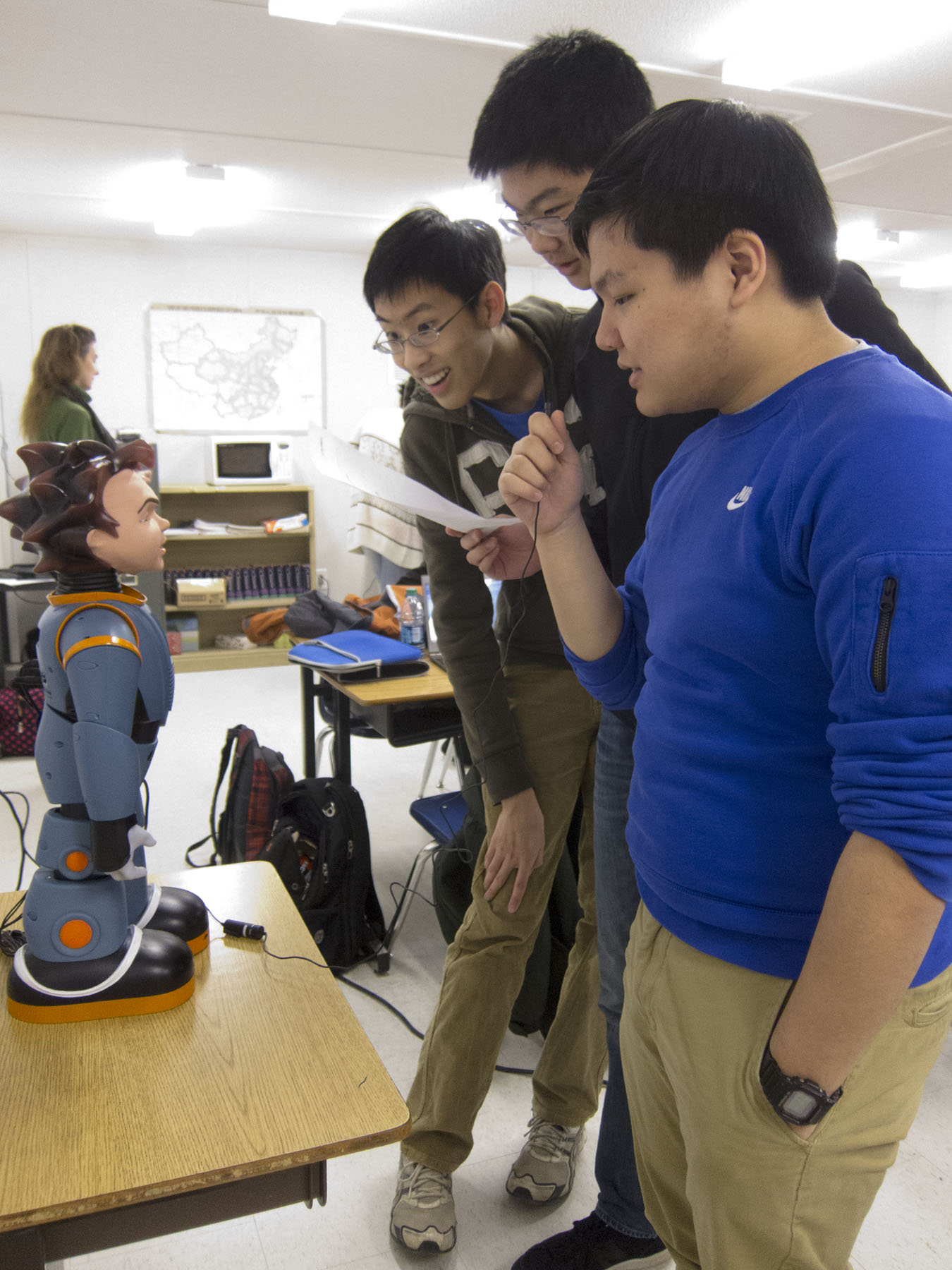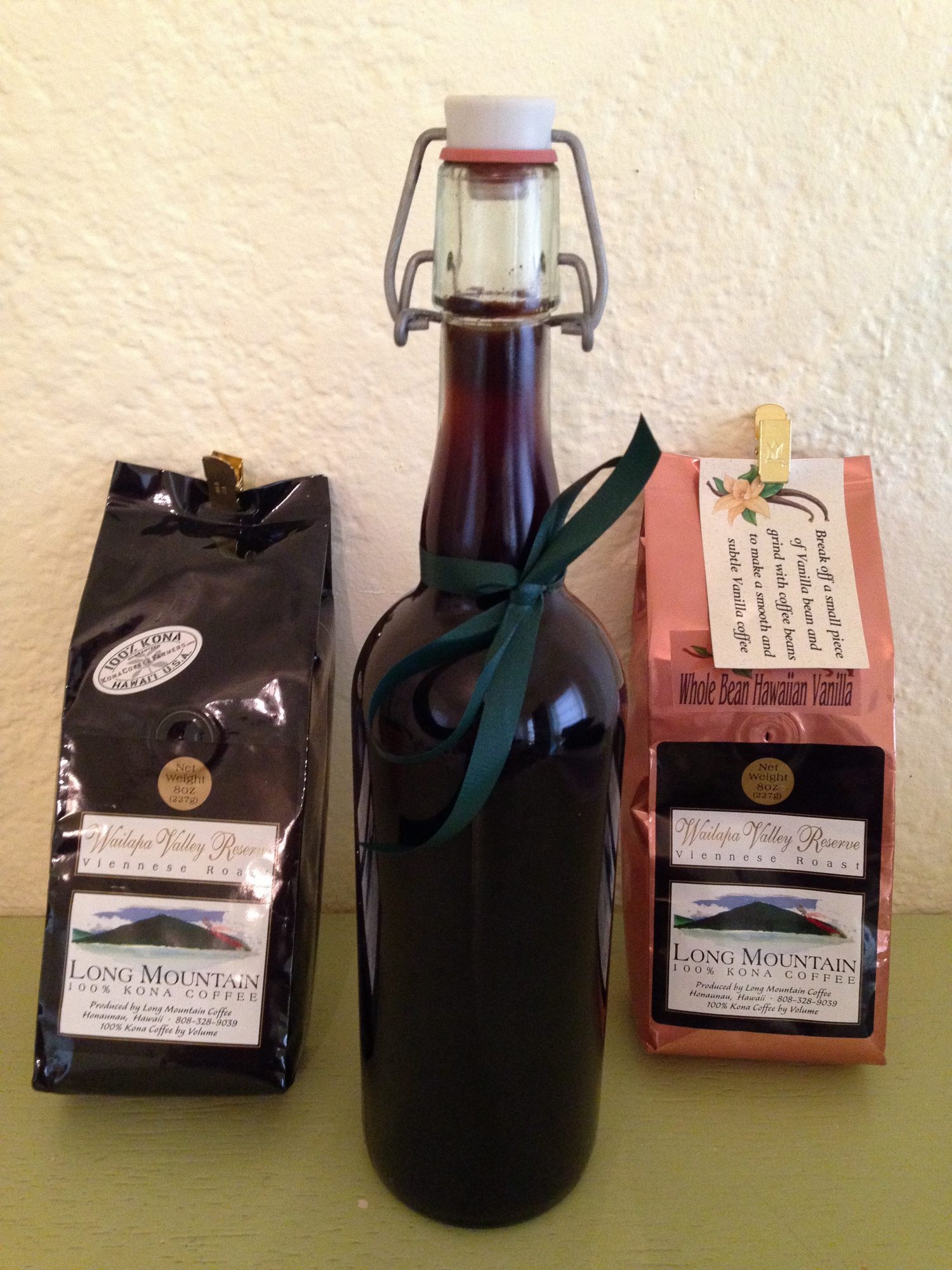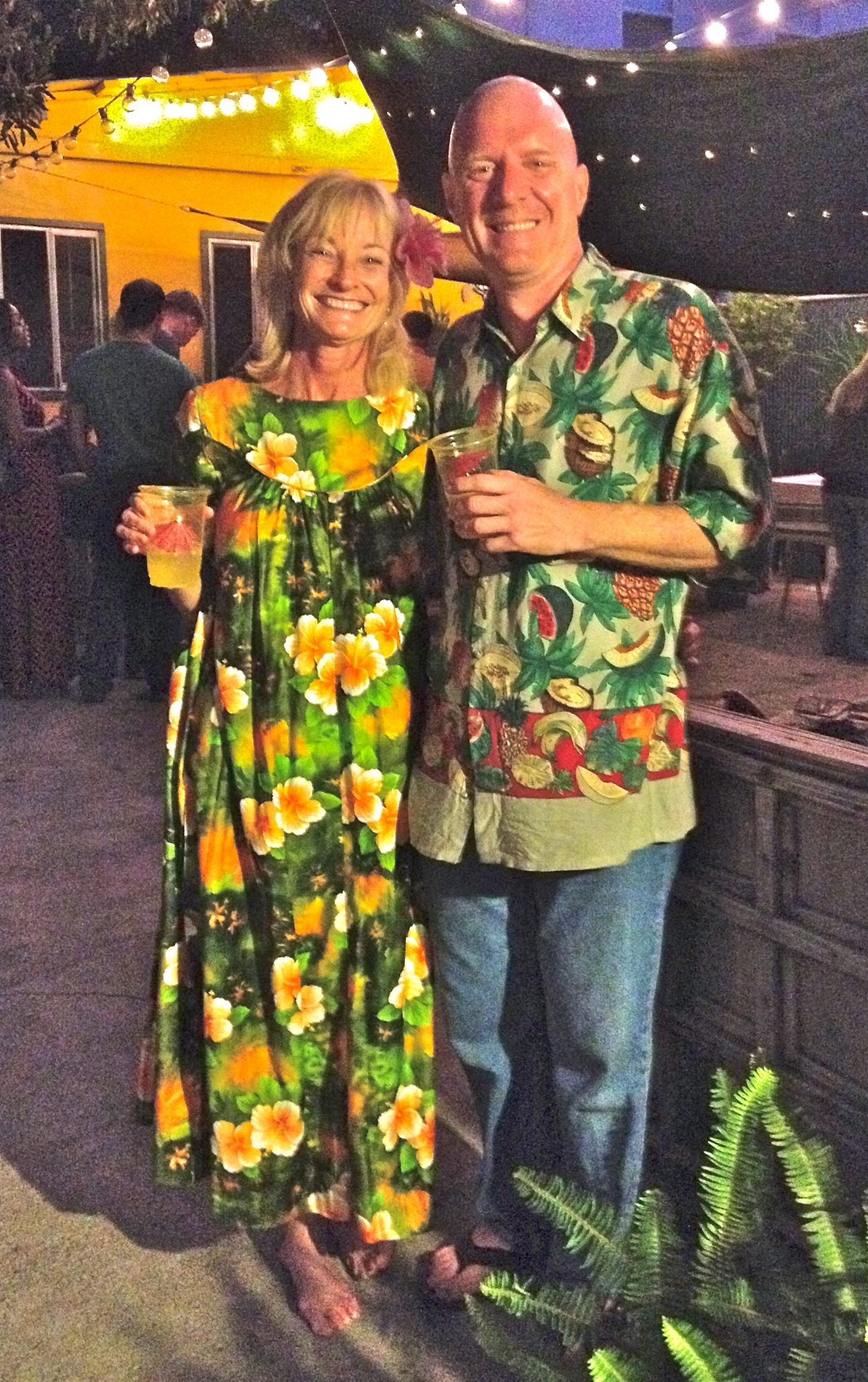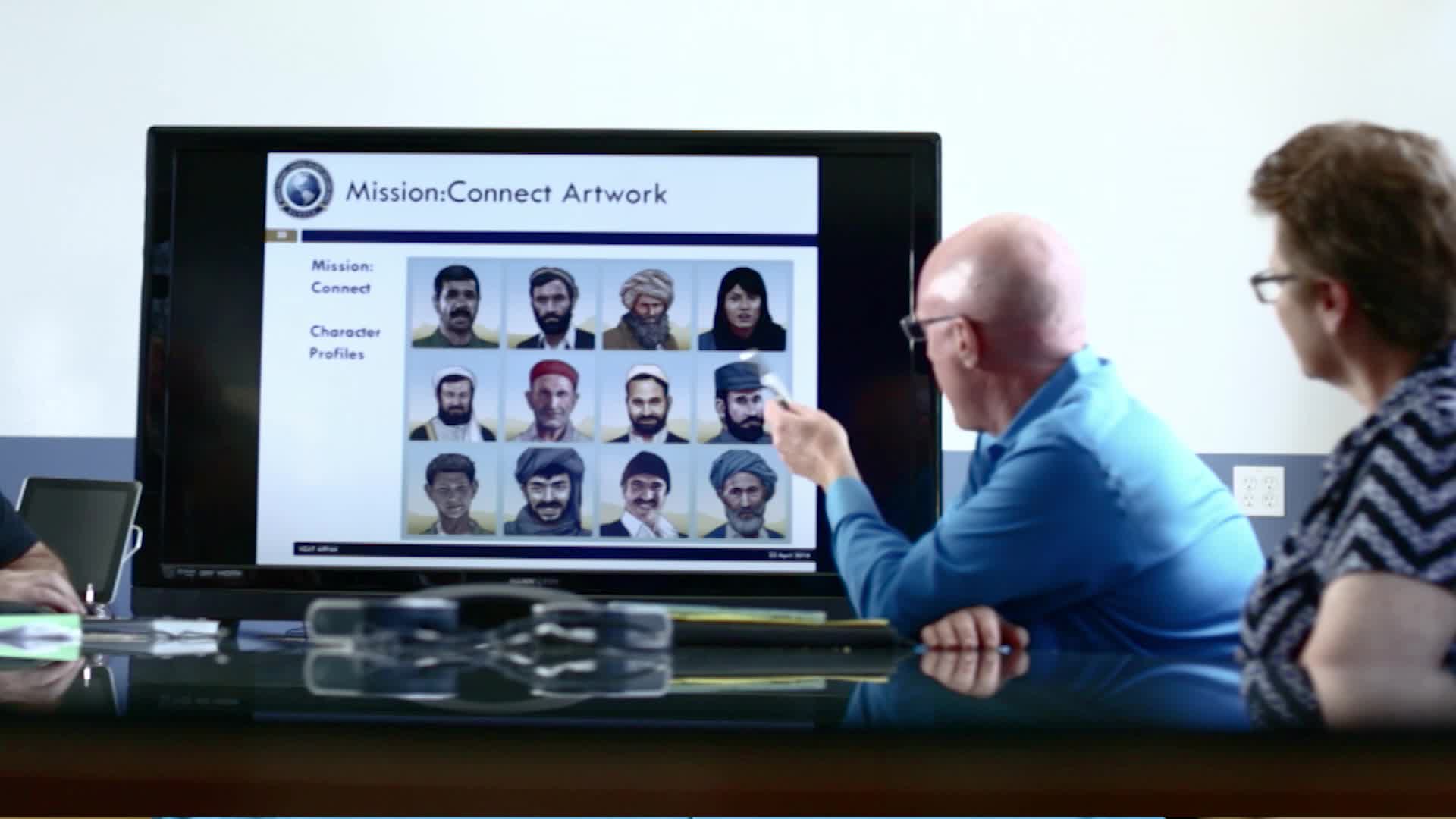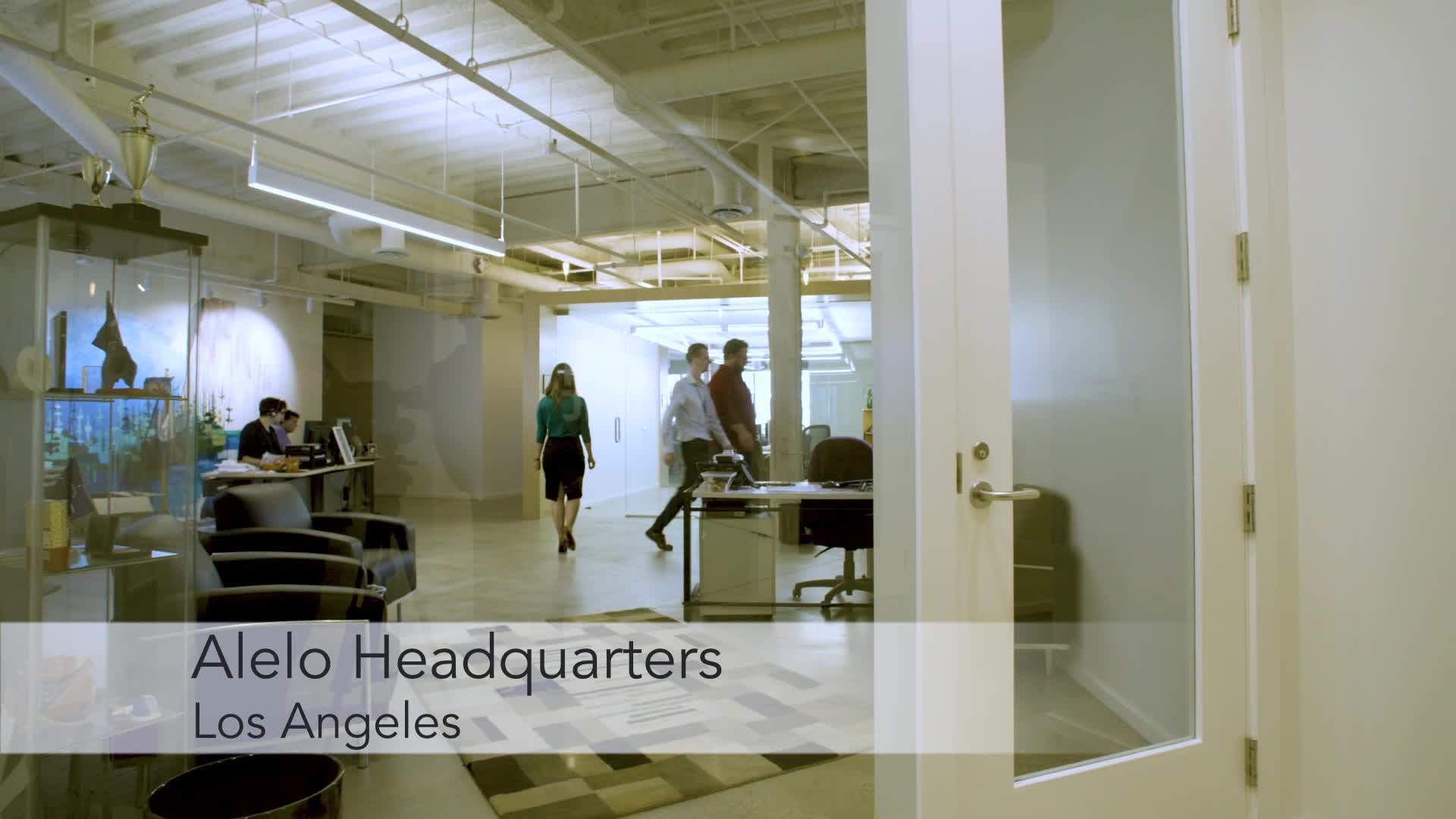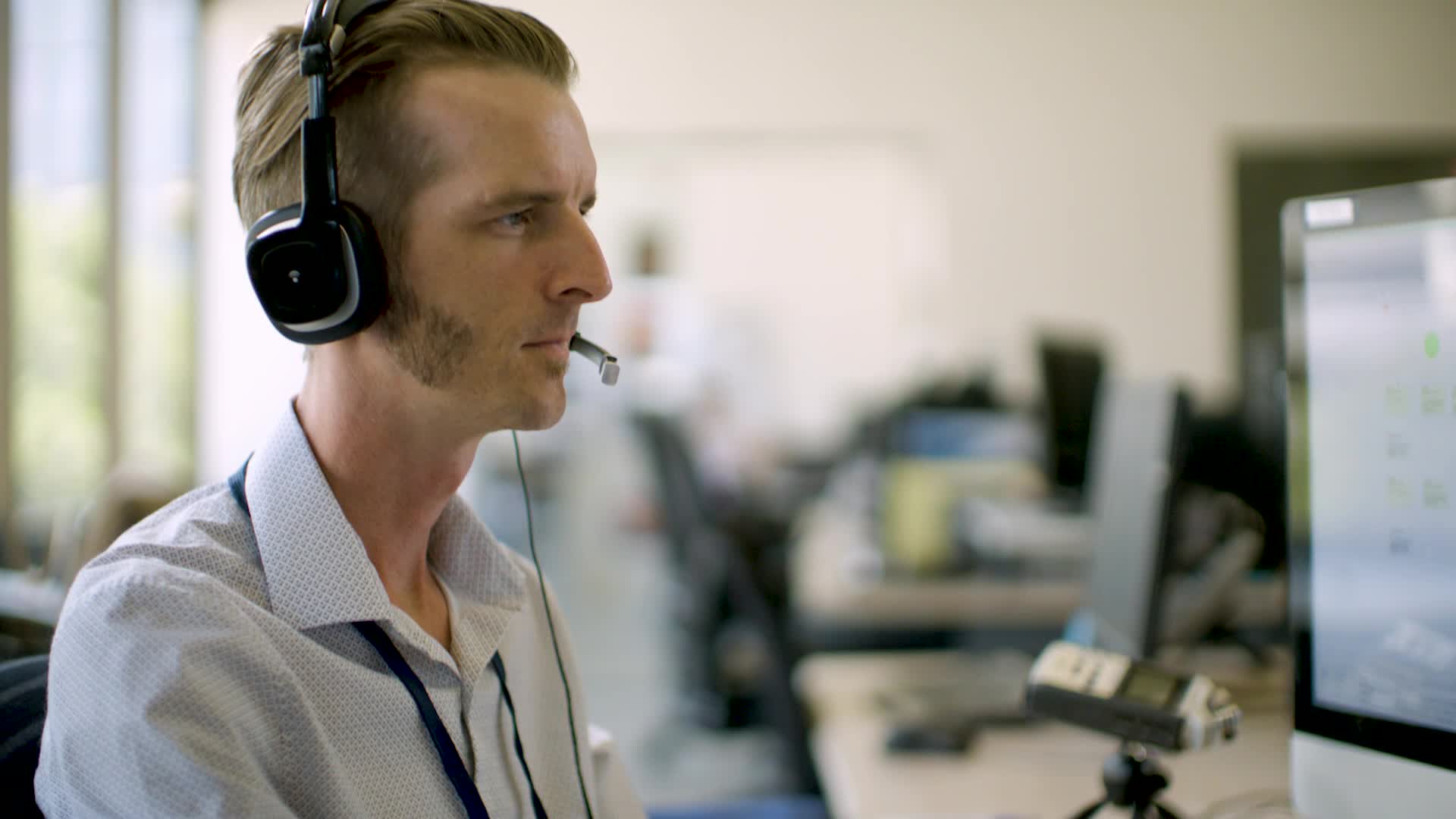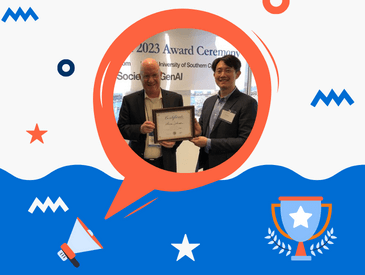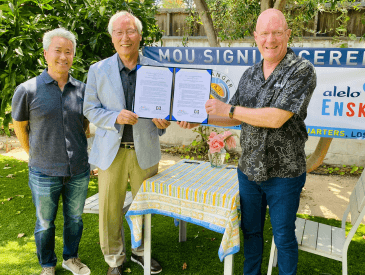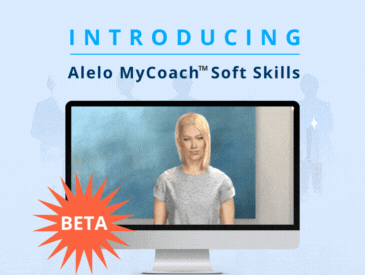You can read the original post here.
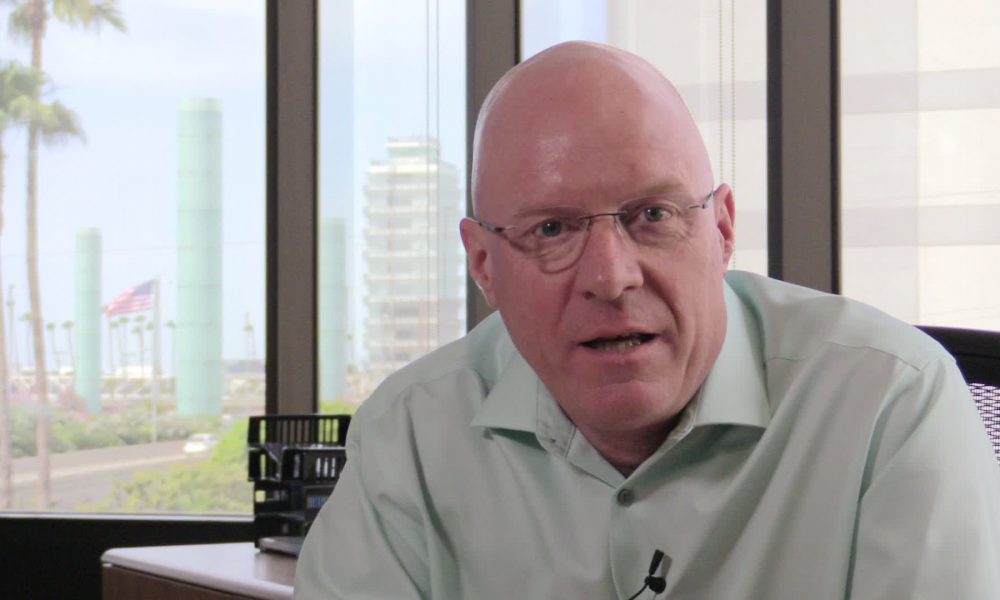
Today we’d like to introduce you to Lewis Johnson.
Lewis, please share your story with us. How did you get to where you are today?
I have believed throughout my career that artificial intelligence can help people learn, by giving each person engaging learning experiences tailored to their individual needs. At USC I started developing “pedagogical agents”, computer characters that interact with users in a human-like way to promote learning. This important work won an Influential Paper Award at this year’s International Conference on Autonomous Agents and Multi-Agent Systems in São Paulo, Brazil.
We started creating immersive games for learning foreign languages, populated by animated characters that understand spoken language.
These were highly successful; the first Marine battalion that returned from Iraq without any combat fatalities learned Arabic language and culture from one of our games.
The technology we were developing at USC had much greater potential than a university could ever realize on its own, so we founded Alelo, a private venture. Alelo is now delivering immersive learning experiences in two dozen countries around the world!
In addition to degrees in computer science from Yale and linguistics from Princeton, I was trained as an opera singer at the Music Academy of the West in Santa Barbara. This gave me an appreciation for all aspects of human communication and expression, which are central to Alelo’s learning products.
Overall, has it been relatively smooth? If not, what were some of the struggles along the way?
Our technology has big potential; the challenge has been how to fully realize that potential. We work with advanced technologies like natural language processing and virtual reality that were still ahead of their time when we founded Alelo.
We initially developed learning games for troops going to Iraq and Afghanistan. However, as efforts in these countries wound down the Government funding to maintain and upgrade these games started drying up. So, we shifted to developing Web-based cultural awareness training courses for military personnel on overseas assignments. We have developed these courses for 90 countries and counting, and 100,000 people have used them. But they didn’t incorporate our natural language technology, because Government networks and servers were not set up to support Web-based natural language processing technology.
We then made some more shifts. We developed a new platform called Enskill that runs in HTML5 on multiple devices without plug-ins, and hosted it in the cloud. We marketed Enskill to online universities and schools, and partnered with major publishers. This has enabled learners around the world to use our products. We are now raising funds through flashfunders.com/alelo so that we can expand our customer base and provide customers with tools so that they can create their own Enskill content.
Alelo – what should we know? What do you guys do best? What sets you apart from the competition?
Alelo develops products that help people learn person-to-person communication skills. That includes foreign languages and cross-cultural skills, for which we are well known. It also includes communication skills that are important in today’s workplace, in fields such as hospitality, healthcare, sales, and customer service.
We design Alelo products with the end goal in mind, the ability to communicate. Our products give learners the opportunity to practice in realistic settings, and automatically assess their skills. Artificial intelligence and immersive technologies make this possible.
“Alelo” is a Hawaiian word meaning tongue or language. Alelo is also the pointy end of a traditional Hawaiian canoe paddle, which propels the canoe forward. Hawaii is our theme because it is a cultural crossroads, where people share cultural influences and live harmoniously together. I am pleased to see that Los Angeles has also become a great cultural crossroads.
I am proud of the fact that Alelo addresses an important learning problem in today’s world. In spite of the ubiquity of communication technologies, it seems to be harder for people to achieve mutual understanding. Alelo products promote perspective-taking skills and empathetic communication.
What is “success” or “successful” for you?
My goal is to help people learn useful skills. We measure success in terms of the number of people we help learn, and their ability to apply what they learn.
Our next marker of success will be when we can provide customers with tools so that they can create their own content using the Enskill platform. There are many more potential applications for our technology that we can create by ourselves.
Personal success comes from combining business and pleasure. In addition to running Alelo, my wife Kim and I own a coffee farm in Kona. Using the coffee from our farm I create my own coffee liqueur, called Kahlewis. Come visit the bar on the ground floor of the Alelo building, and you may be able to try some!
Contact Info:
- Address: 5200 W. Century Blvd., Suite 290, Los Angeles, CA 90045
- Website: www.alelo.com
- Phone: (310) 574 7500
- Email: inquiries@alelo.com
- Facebook: https://www.facebook.com/Alelo-129539007396/
- Twitter: @AleloTLT
